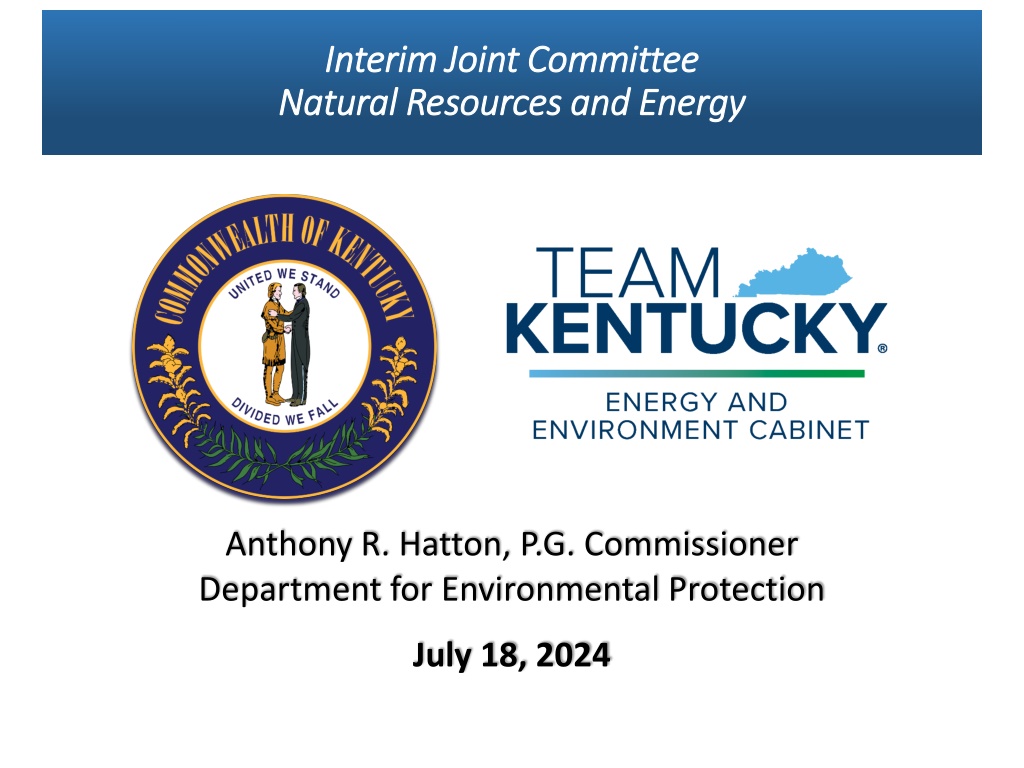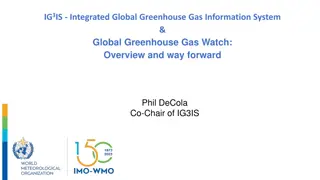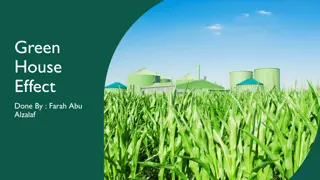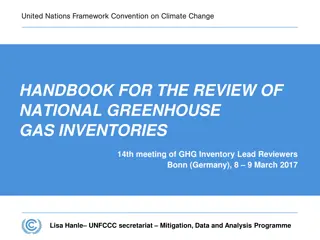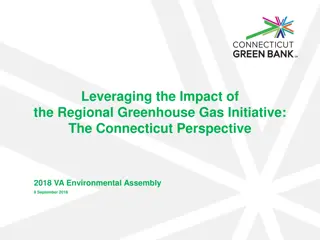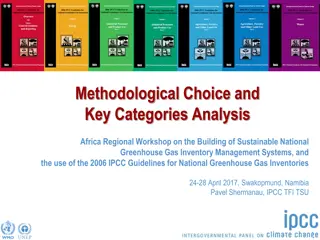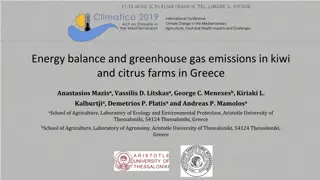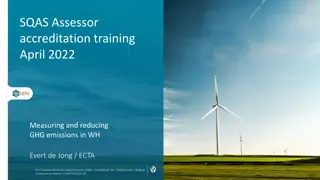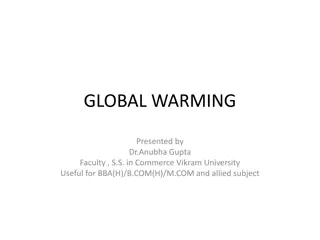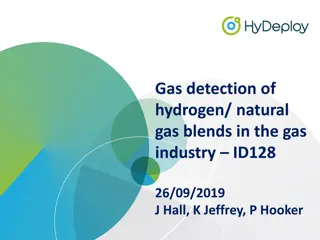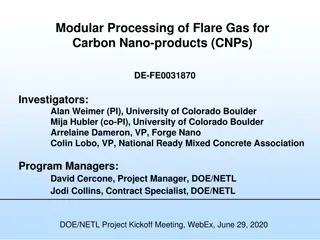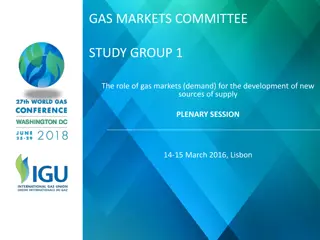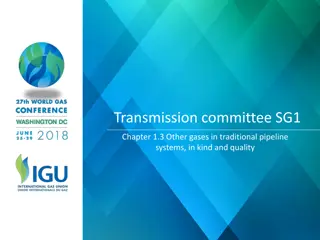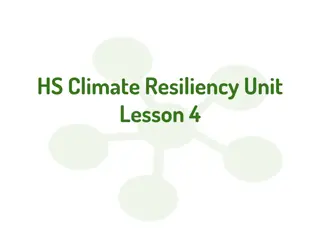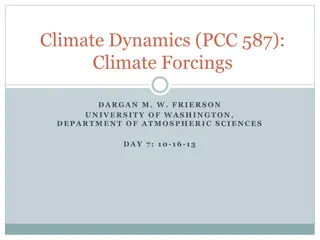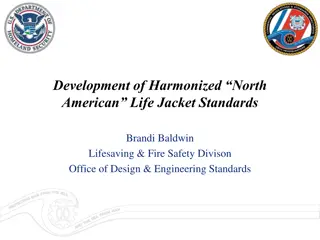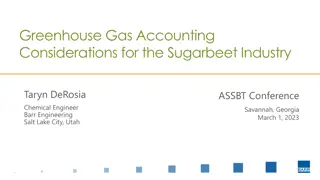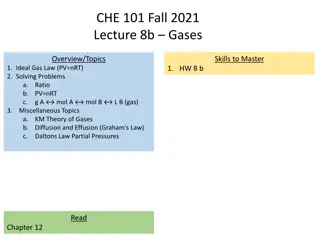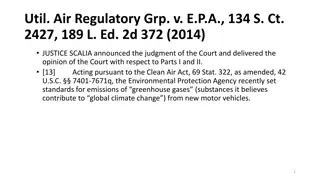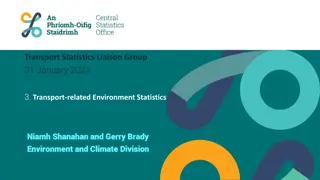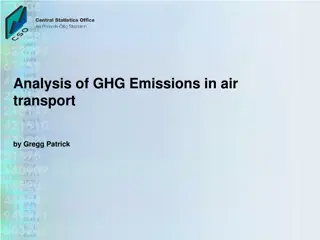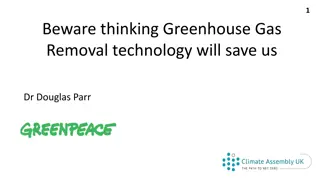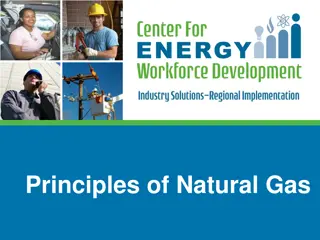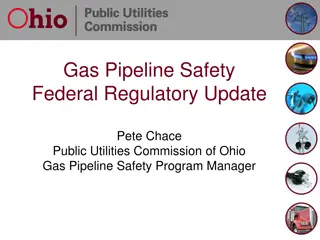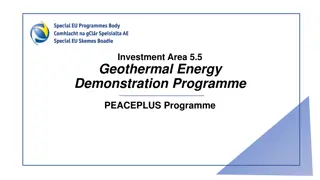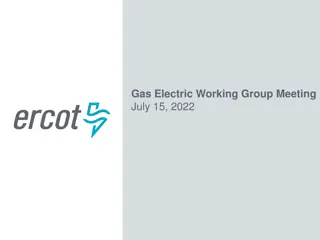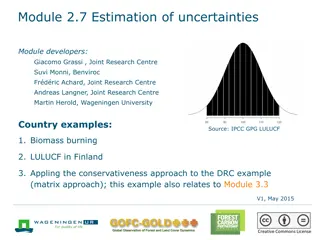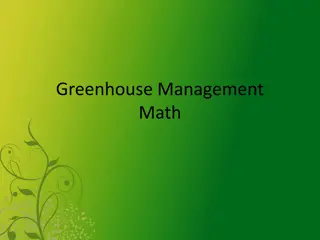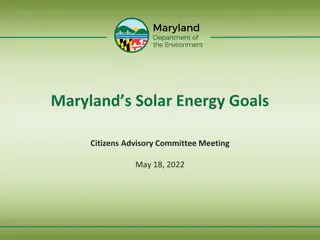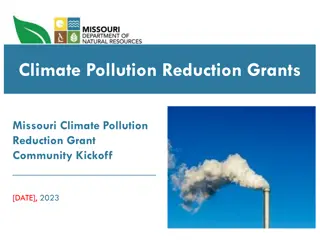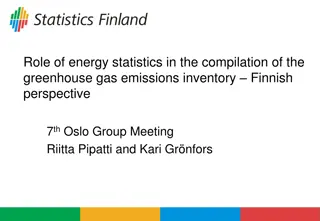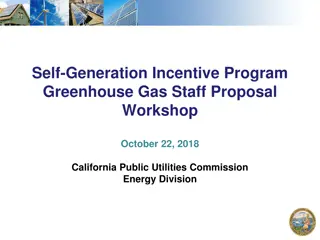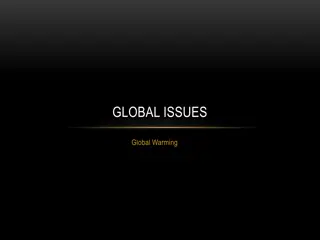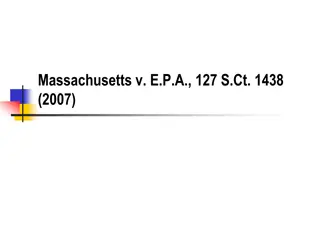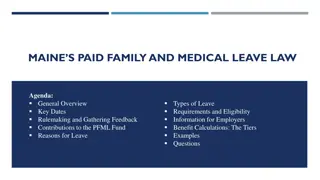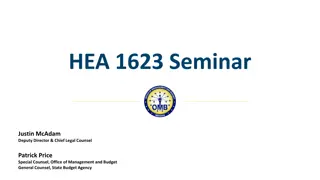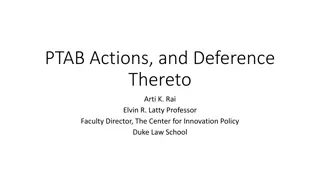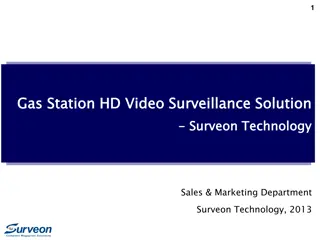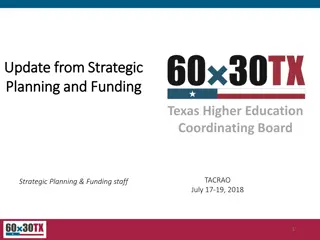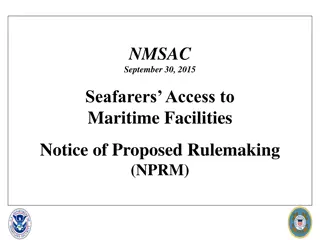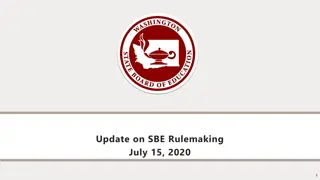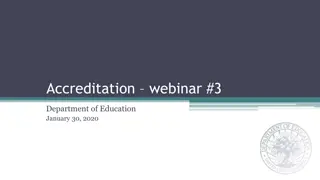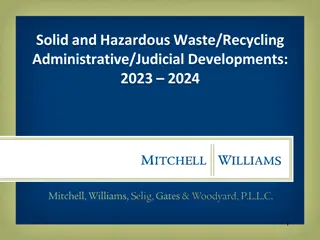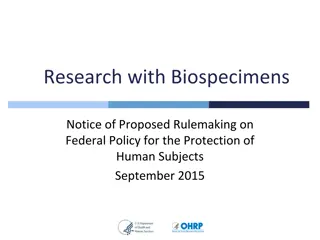Greenhouse Gas Rulemaking and Standards Overview
This information provides an overview of the US EPA's new final carbon standards for fossil-fuel-fired power plants, including the impact on electric generation in Kentucky and the state plan required for compliance. It discusses the repeal of the Affordable Clean Energy Rule, compliance guidelines for different types of fossil fuel facilities, emission reduction targets, and compliance dates for existing and new units. The Cabinet's comments on the proposed rule, particularly regarding Carbon Capture Sequestration, are also highlighted.
Download Presentation

Please find below an Image/Link to download the presentation.
The content on the website is provided AS IS for your information and personal use only. It may not be sold, licensed, or shared on other websites without obtaining consent from the author. Download presentation by click this link. If you encounter any issues during the download, it is possible that the publisher has removed the file from their server.
E N D
Presentation Transcript
Interim Joint Committee Interim Joint Committee Natural Resources and Energy Natural Resources and Energy Anthony R. Hatton, P.G. Commissioner Department for Environmental Protection July 18, 2024
Greenhouse Gas Rulemaking Greenhouse Gas Rulemaking Information Request Information Request - - IJC/NRE IJC/NRE 1. An overview of the US EPA s new final carbon standards for fossil-fuel fired power plants (published May 9, 2024), 2. A discussion of the impact that the rule will have on current and future electric generation in Kentucky, 3. Preliminary discussion of the state plan EEC is required to submit (by May 9, 2026) to United States EPA (EPA) to meet the requirements of the rule. 2
Greenhouse Gas (GHG) Greenhouse Gas (GHG) Rulemaking Final Rule Rulemaking Final Rule In summary, the final rule: Repeals the Affordable Clean Energy (ACE) Rule. Required compliance at the facility fenceline system efficiencies. Revises the New Source Performance Standards (NSPS) for GHG emissions from fossil fuel-fired steam generating units that undertake a large modification, new and reconstructed fossil fuel-fired stationary combustion turbine Electrical Generating Units (EGUs); Sets emissions guidelines for GHG emissions from existing fossil fuel- fired steam generating EGUs, which include both coal-fired and oil/gas- fired steam generating EGUs. 3
GHG Standards and Deadlines GHG Standards and Deadlines Emission Guidelines for Existing Fossil Fuel-fired Steam EGUs (111(d)) Subpart UUUUb Unit Type BSER and Emission Reductions Compliance Date Long term units (retire after 2040) CCS with 90% capture - 88.4% reduction in CO2 emission rate Co-firing natural gas at 40% - 16% reduction in CO2 emission rate Permanently cease operations January 1, 2032 Intermediate term units (retire before January 1, 2039) Short term units (retire prior to 2032) January 1, 2030 January 1, 2032 4
GHG Standards and Deadlines GHG Standards and Deadlines Continued Continued New and Reconstructed Fossil Fuel-fired Combustion Turbines Subpart TTTTa Unit Type BSER Emissions Standard Compliance Date Based-load turbines and NGCC CCS with 90% capture 97 139 lb CO2/MWh January 1, 2032 Intermediate load Highly efficient generation 1,190 1,560 lb CO2/MWh Low Load Lower-emitting fuels 120 160 lb CO2/MMBtu 5
Cabinet Comments on Proposed Cabinet Comments on Proposed Rule Rule August 8, 2023 August 8, 2023 Carbon Capture Sequestration: Carbon Capture Sequestration (CCS) is not appropriate as a Best System of Emission Reduction (BSER) because: EPA assumption of sufficient obtainable capacity by 2032 is not feasible. Available and permitted pore space, Securing access to that capacity, Geologic constraints, Transportation challenges (pipelines, etc.) Building carbon capture at the EGU, Parasitic load at the EGU to conduct carbon capture. Under the GHG rule, if CCS is not available then EGU s would either discontinue operation, operate in non-compliance, or operate under emergency provisions. 6
Cabinet Comments on Proposed Rule Cabinet Comments on Proposed Rule August 8, 2023 8, 2023 Continued Continued Hydrogen as a co-firing energy source: Low Greenhouse Gas Hydrogen for co-firing is not appropriate as a BSER because: Low Greenhouse Gas Hydrogen is not available and likely not to be available within the timeframes for compliance in the pre- public comment version of the rule. EPA removed this requirement from the final rule. August 7
Cabinet Review and Comment on Proposed Cabinet Review and Comment on Proposed Rule Rule August 8, 2023 August 8, 2023 - - Continued Continued Fuel Switching and Beyond the Fenceline: The rule places requirements beyond the fenceline that the Cabinet cannot control or have oversight but would be required in its State Plan. This proposal conflicts with the Supreme Court ruling in West Virginia v. EPA, which held that Congress never granted EPA the authority to require generation shifting under the CAA. The proposed rule establishes CCS and hydrogen co-firing as BSER. As previously mentioned, neither is adequately demonstrated. 8
Cabinet Review and Comment on Proposed Cabinet Review and Comment on Proposed Rule Rule August 8, 2023 August 8, 2023 - - Continued Continued Grid Reliability: The Division believes EPA should do a cumulative impact analysis of rules impacting the power sector, including the ELG, CCR, MATS, PM 2.5 NAAQS, Good Neighbor, Regional Haze, and EV rulemakings. This larger analysis will allow for a more accurate accounting of sources that are going to be retiring and the stability of the electric grid. Due to the potential for ongoing grid reliability issues, the Division supports the system emergency provisions of the proposed rule. This final rule potentially forces state permitting authorities to choose between meeting requirements of the CAA in a permit or providing electricity as required by the Federal Energy Regulatory Commission. 9
GHG Rule Requires State Plan by May 9, 2026 GHG Rule Requires State Plan by May 9, 2026 Conflicts with State Law Conflicts with State Law State Requirements: KRS 224.20-142 (3) Prohibits switching from coal to other fuels, Prohibits co-firing fuels with coal, Prohibits limiting the utilization of an EGU while reducing carbon dioxide emissions. 10
